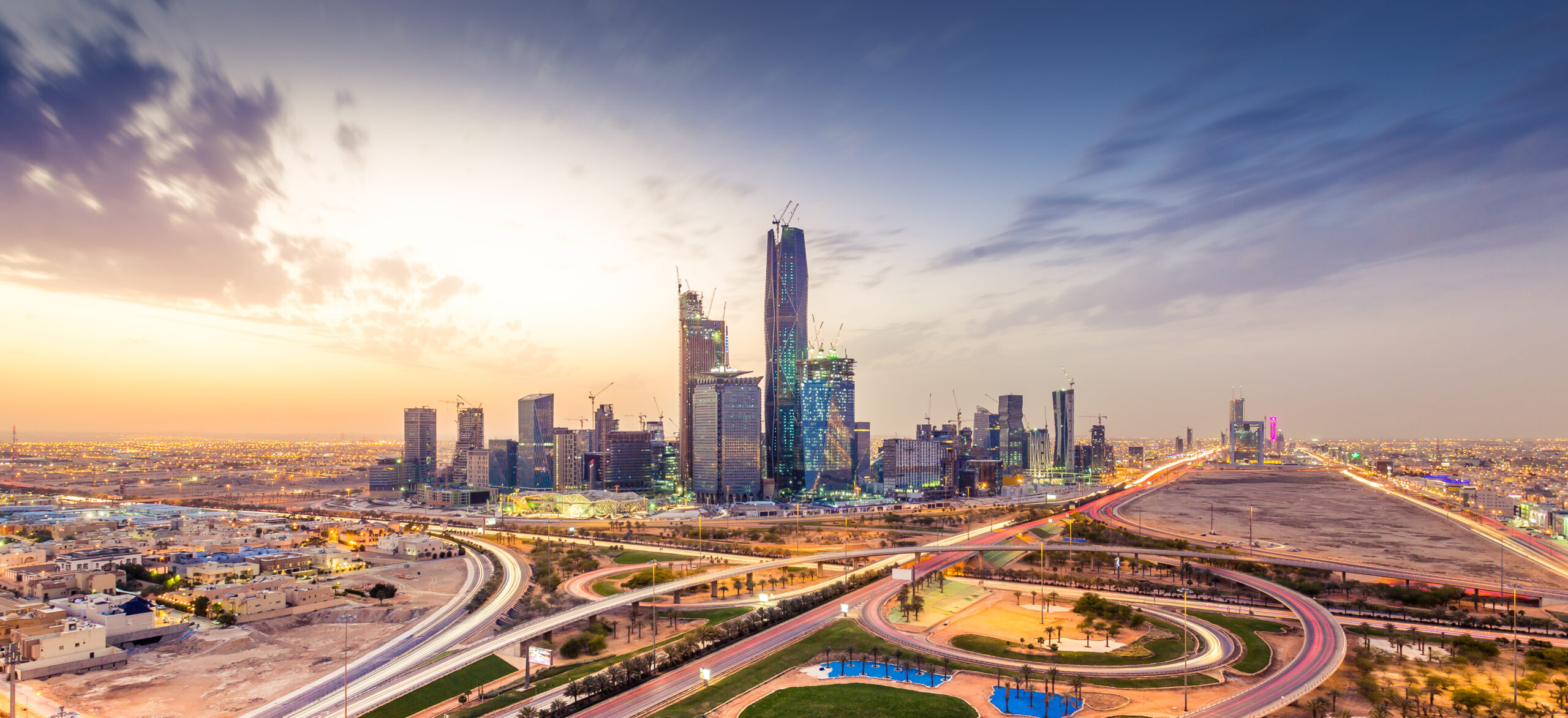Dubai’s hospitality industry has made a strong post-pandemic rebound, with leisure and business trips, including MICE (Meetings, Incentives, Conferences and Events) on an upward growth trajectory in FY22. This is according to the findings of the latest KPMG Dubai Hospitality report, which revealed that Dubai registered the highest hotel occupancy rate in 15 years by the end of Expo, with the Emirate’s tourism sector contributing USD 29.4 billion to the economy in 2022.
The Government’s robust Covid-19 response plan and the hospitality industry’s commitment to complying with government health and safety requirements elevated the UAE’s position as one of the safest countries in the world, with 90% of surveyed respondents expressing confidence in the implementation of sensitisation policies across hotels in Dubai.
This enhanced guest sentiment is reflected in hotel occupancies, with 92% of consumers keen to stay in a hotel in Dubai in 2022, representing a 37% increase from the previous year’s results.
Sidharth Mehta, Partner and Head of Real Estate, KPMG Lower Gulf, said: “The Dubai’s hospitality industry has witnessed remarkable growth in 2022 – driven by the Government’s forward-thinking vision to address the needs of all hospitality stakeholders. Furthermore, the UAE is investing around USD 32 billion to acquire 48,000 more hotel rooms to bring it to a total of 200,000. These developments place the UAE in an enviable position to navigate travel and hospitality demands in 2023, equally driving economic growth by creating employment opportunities.”
The UAE also had the highest occupancy rate among GCC countries in 2022. For the year-to-date November 2022, Dubai’s occupancy rate increased from 64.7% to 72.5%. Meanwhile ADR grew significantly from AED 550.87 to AED 674.25, i.e., by 22%. RevPAR increased from AED 356.42 to AED 488.79, from YTD November 2021 to 2022.
Among the other notable trends in 2022 were digitalisation and sustainability, with operators indicating that they were priority areas for them. Many are also moving progressively away from plastic bottles, reducing carbon emissions, and promoting inclusion and diversity. Meanwhile, contactless check-in, with customers receiving their keys in their mobile phones, and other emerging technologies are set to dominate the hospitality industry in 2023.









Discussion about this post